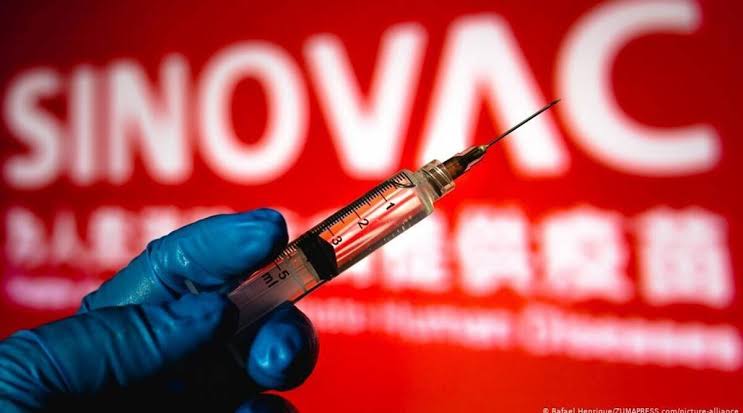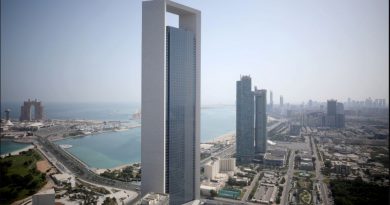Indonesia Islamic council aims for halal ruling before mass vaccination
Jakarta (Reuters) – Indonesia’s highest Muslim clerical council aims to issue a ruling on whether a COVID-19 vaccine is halal, or permissible under Islam, before the country is due to start a mass inoculation programme using a Chinese vaccine next week.
The world’s largest Muslim-majority country plans to launch vaccinations on Jan. 13 after obtaining 3 million doses from China’s Sinovac Biotech.
Controversy over whether vaccines adhere to Islamic principles has stymied public health responses before, including in 2018, when the Indonesian Ulema Council (MUI) issued a fatwa declaring that a measles vaccine was forbidden under Islam.
“Our target is before first injections start, the fatwa has to come out then,” said Muti Arintawati, an official at MUI in charge of analysing food and drugs to assess whether they are halal.
Indonesia is struggling with the worst COVID-19 outbreak in Southeast Asia and authorities are relying on a vaccine to help alleviate dual health and economic crises ravaging the country.
Asked about the risk of public resistance, a health ministry official said the government would wait for MUI’s decision.
In a bid to boost acceptance, President Joko Widodo has said he will be the first to receive a vaccine shot next week.
Dicky Budiman, a researcher at Australia’s Griffith University, said authorities needed to be transparent on the halal certification to reassure the public.
The New York Times reported that Sinovac told Indonesia’s state-owned drugmaker Bio Farma that the vaccines were “manufactured free of porcine materials.”
Bambang Heriyanto, Bio Farma’s corporate secretary, confirmed receiving the statement, but said the halal status was decided by MUI. Sinovac did not immediately respond to a request for comment.
Ahmad Ishomuddin, an official at Nahdlatul Ulama, Indonesia’s biggest mainstream Muslim organisation, said emergency vaccines that were not halal could be used if there were no other options.
This opinion was supported by some Muslim residents in Depok, south of Jakarta.
“If indeed the vaccine contains non-halal ingredients and during the emergency period there are no other ingredients for the medicine, yes, it is permissible according to my religion,” said 19-year-old student Muhammad Farrel.
Indonesia’s food and drug agency (BPOM) needs to issue emergency use approval for vaccinations to start.
In neighbouring Malaysia, religious authorities have declared COVID-19 vaccines were permissible for Muslims, and mandatory for those the government has identified to receive them.
Malaysia does not require vaccines to be certified halal, though authorities are planning to introduce a certification framework this year to allay concerns among some Muslims.



